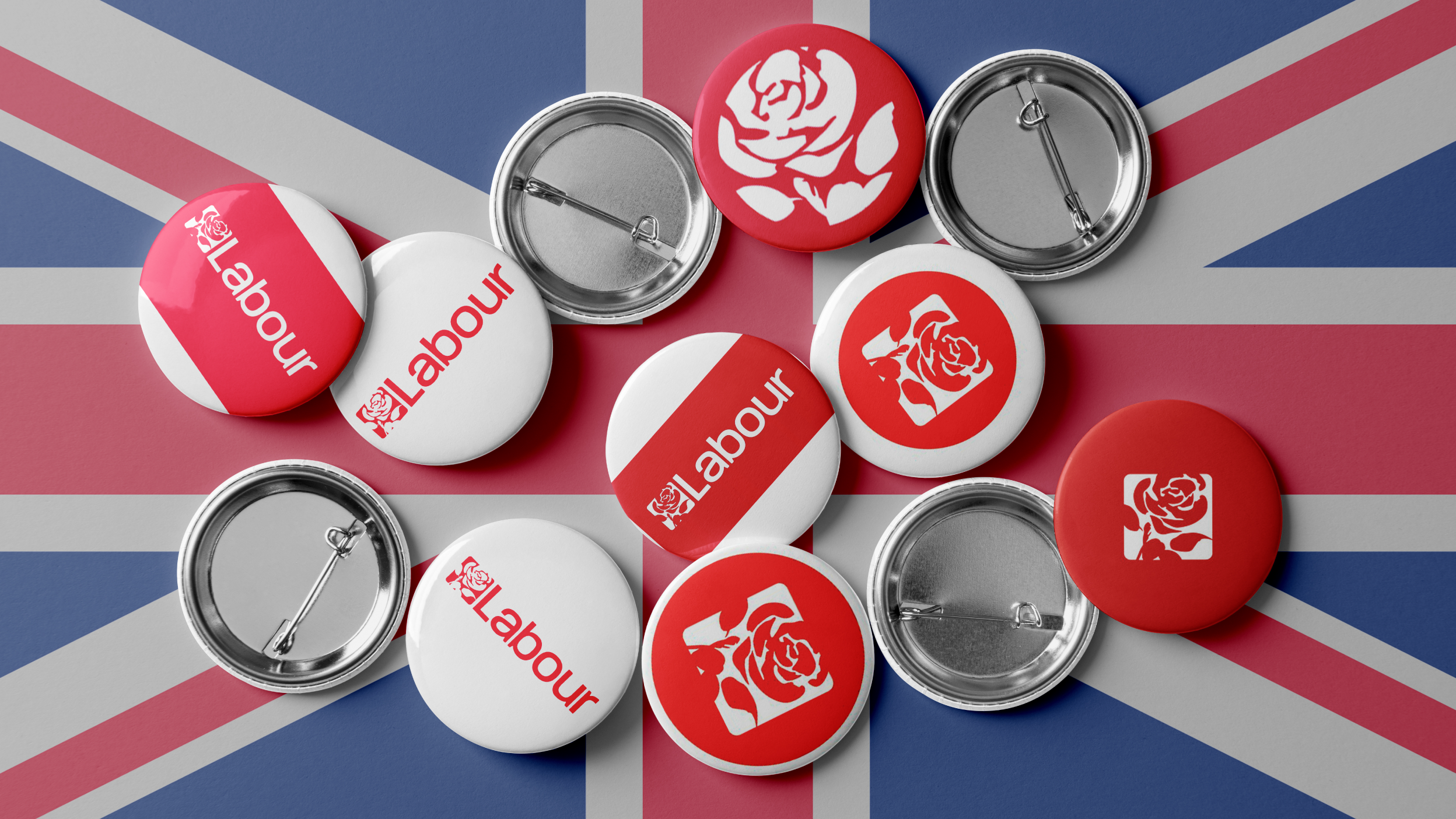After the first weeks of the election campaign, the UK Labour Party has extended its poll lead and is currently on course for a victory of potentially historic proportions.
Yet, the safety-first minimalism of Labour’s campaign can make it seem as if there is a lack of clear blue water between them and the Conservatives. So here are four top things to know about a new Labour government.
1. Sir Keir Starmer’s political honeymoon might be short-lived
There are two key reasons for believing that Sir Keir Starmer’s political honeymoon will be short-lived.
First, according to polling group Ipsos, public satisfaction with the way he’s been doing his job as Leader of the Opposition has been in negative territory since March 2021 and remains low at -20%. By contrast Tony Blair’s rating was +22 points in 1997; and David Cameron’s was +20 in 2010. Consequently, Sir Keir Starmer could enter 10 Downing Street without a significant bank of public satisfaction and goodwill, pointing to a short-lived honeymoon.
The second reason is the scale of the challenge facing Starmer and his team. Independent experts1 have pointed to the precarious state of some public services. The independent Institute for Fiscal Studies has warned that on current plans, some Whitehall budgets are facing combined cuts of up to £20bn a year.
Despite this, Labour have ruled out a range of tax increases and pledged not to borrow to fund day-to-day spending. Meeting public expectations for change without the ability to generate significant additional short-term spending power through tax revenues or borrowing will likely prove challenging.
Consequently, Sir Keir Starmer could face some early rebellions against his spending plans from Labour MPs, as Tony Blair did during his first year in office. But given the expected size of Labour’s majority, it shouldn’t affect the overall stability of the new government.
2. Labour will govern with a mix of caution and radicalism
After 14 years in opposition, Labour will likely act with initial caution on the economy. Rachel Reeves’ first budget, while it will very likely contain a number of tax increases, won’t significantly ramp up public spending overall. Labour have taken the lessons of Liz Truss’s mini-Budget to heart and don’t want to start testing the market’s appetite for significant further borrowing at the first opportunity.
However, beneath the current caution lies the ambition to reshape the role of the state towards more active government. Reeves has spoken of introducing “a new business model for Britain.” And Starmer has pledged to “level up workers’ rights in a way that has not been attempted for decades.”
Labour’s new industrial strategy will be at heart of their plans for a more active state, shaped around four sectoral priorities: clean power, life sciences, automotive and digital and creative industries.
Drawing lessons from Covid and the insecurity of global supply chains in an era of geopolitical instability, Labour will actively seek to protect and develop the UK’s remaining manufacturing base.
At the same time, Labour will seek to increase the capacity and capabilities of central government, drawing on insights from economist Mariana Mazzucato that the government should outsource less.
The result will be a more interventionist state across a range of areas from energy generation to foreign investment. A likely early indicator of this new approach will be a request to the UK Trade Remedies Authority to investigate Chinese state subsidies to electric vehicle manufacturers.
3. Growth, Net Zero and EU relations will be at the forefront of Labour’s policy agenda
Despite having committed to delivering the highest economic growth in the G7 by the end of the first Parliament (i.e. by mid-2029), Labour have announced few detailed policies to deliver that growth. Currently, planning reform, investment in green energy and improved trading relations with the EU form the core of Labour’s policy offer.
- Planning reform. At the national level, Labour plan to speed up the planning process for critical national infrastructure, including data centres, 5G infrastructure, transport and carbon-free electricity generation. At the local level, Labour plan to reinstate mandatory housing targets for local authorities, which they hope will help deliver their target of 300,000 new homes being built every year, with a particular focus on homes for social rent. Whether such reforms are sufficient to help developers cut through planning red tape remains to be seen.
- Climate change. The £28bn a year Green Prosperity Plan was the centre-piece of Labour’s plan for government, until higher borrowing costs forced Rachel Reeves to reduce the scale of ambition. However, the transition to Net Zero will be a significant area of policy focus for Labour, led by Ed Miliband – one of the few Shadow Cabinet ministers with experience of governing. Key proposals include:
- decarbonising electricity generation by 2030 – five years earlier than current government plans;
- reinstating the 2030 (currently 2035) ban on sales of new internal combustion engine cars and vans;
- establishing Great British Energy – a state-owned company to allocate grants and invest in green energy projects; and
- setting up a new National Wealth Fund to co-invest with the private sector in ‘priority net zero’ sectors, such as carbon-free energy and ‘green’ steel.
- EU relations. Labour’s foreign policy priority will be to strengthen ties with the European Union. Having ruled out rejoining either the EU Single Market or the Customs Union, Labour’s key ambition is to reduce trade frictions in goods – for example, through a veterinary agreement – and to secure a wide-ranging defence and security agreement. This would encompass not just military and policing but also wider issues such as climate, energy security and the supply of critical minerals.
4. Taxes will rise.
Whichever party wins the next election, taxes will almost certainly have to rise. As the independent Institute for Fiscal Studies has been pointing out for many months, under current government spending plans, non-protected government departments (i.e. those outside areas such as health, education and defence) face collective budget cuts of up to £20 billion a year.
Having ruled out a return to austerity yet having pledged to meet the current government’s debt target, it is inconceivable that Rachel Reeves’ first Budget in the Autumn won’t introduce tax rises additional to those Labour have set out in their Manifesto.
Given that Labour have ruled out increases to income tax, National Insurance, VAT and Corporation Tax – and, more broadly, raising taxes on working people – it seems likely that Reeves’ approach will be to focus on closing additional ‘tax loopholes.’
Recommendations from the Institute for Fiscal Studies to rebalance the taxation of income from capital versus labour could prove attractive to the incoming Chancellor.






